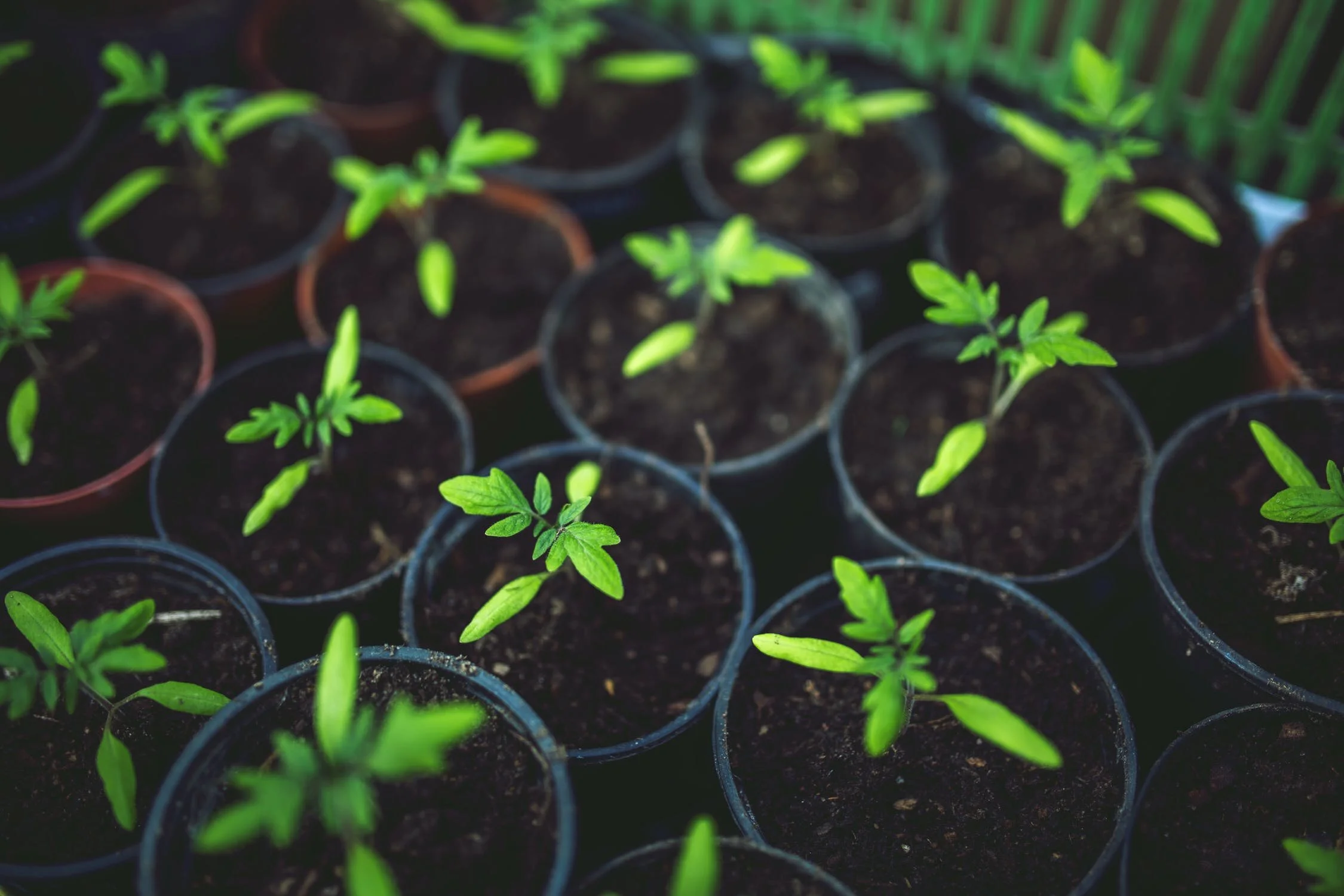I’m not alone in my admiration for strawberries. In ancient Rome, the strawberry symbolized Venus, the Goddess of Love, because of its heart shape and color. In medieval times, stone masons carved strawberries on altars and churches because they symbolized perfection and righteousness. Much more recently—last month, in fact—strawberries have become my ticket to sanity, a means of dealing with the stress of the ongoing pandemic.
Read MoreWhen I lived as a market farmer in Washington State, Saturday afternoons were a celebration of sorts. After a busy week of tending and harvesting up to 200 different herbs and vegetables, I’d invite the community to a weekly farmstand. I’d begin preparations early and by 11am the vegetable display was primed with puffed bags of lettuce and tall, carefully stacked pyramids of freshly picked tomatoes. It was a relief to open the farm gates and finally be able to sit and chat with friends and neighbors.
Read MoreThere's a thin line between fertilizing and over-fertilizing your food crops. Too few nutrients and your tomatoes and corn never really take off. Too many and your artichoke and broccoli can suffer. Since I tend to favor deep-rooted perennials, which are low-maintenance and more resistant to weather extremes, my particular challenge is making sure I don't overdo it. So, I use fertilizer strategically, boosting plant growth largely by feeding my soil. I test my soil every other year, so I know the nutrients my soil needs. And I rely on timing, knowing the right mix of fertilizer, and the best sources.
Read MoreI really hate weeding. There are days it requires all the strength I have to get out there and pull these tough tufts of green from between my rows of carefully tended beans and peas. But there are reasons to like weeds, or at least respect them.
Read MoreWhen I first started growing food, the farm I managed in the Pacific Northwest had patches of sandy, dry soil interspersed with waterlogged, hard packed clay. During the scorching hot summers, my thirsty plants shriveled. When the skies dumped rain the water pooled, flooding my crops. Those first couple of years on the farm were my first experience dealing with climate extremes, and my soil was not equipped for the job.
Read MoreSpreading mulch is one of my favorite farm chores. I love the way mulch smells and feels and looks. That moment my pitchfork pierces the heaping mound of leftover grass and leaves and steam spirals up into the cool morning air. The way the strong, lingering scent of cedar follows me home after a day spent spreading wood chips. The satisfying look of a tidy, weed-free field after I’ve laid down a sea of straw to cover the endless rows of potatoes and garlic. I even appreciate the sogginess of cardboard left out in the rain before it’s used to fight weeds along my garden paths.
Read MorePest populations can explode even if you keep your soil healthy and maintain a balanced garden ecosystem. Pest management is a natural part of growing plants and occasionally gardeners need to rely on external control measures like spraying pesticides. Organic gardeners shy away from using pesticides for some very good reasons. Sprays, particularly if they are not organic, can kill beneficial bugs and insects, like the bees that pollinate your raspberries or the insects that cycle nutrients through your soil. Pesticides also find their way into the food chain because plants absorb chemicals through roots and leaves. Fortunately you can mitigate the risk of using pesticides by relying on ones certified for organic use, which tend to be derived from plants or bacteria.
Read MoreWhen I moved to the Pacific Northwest eight years ago to start a market farm, it was my first experience growing food on a large scale. My focus was on planting organic crops and finding enough customers to eat them. It took only a couple of years to add a new farm priority: managing the area’s extreme weather challenges.
Read More








